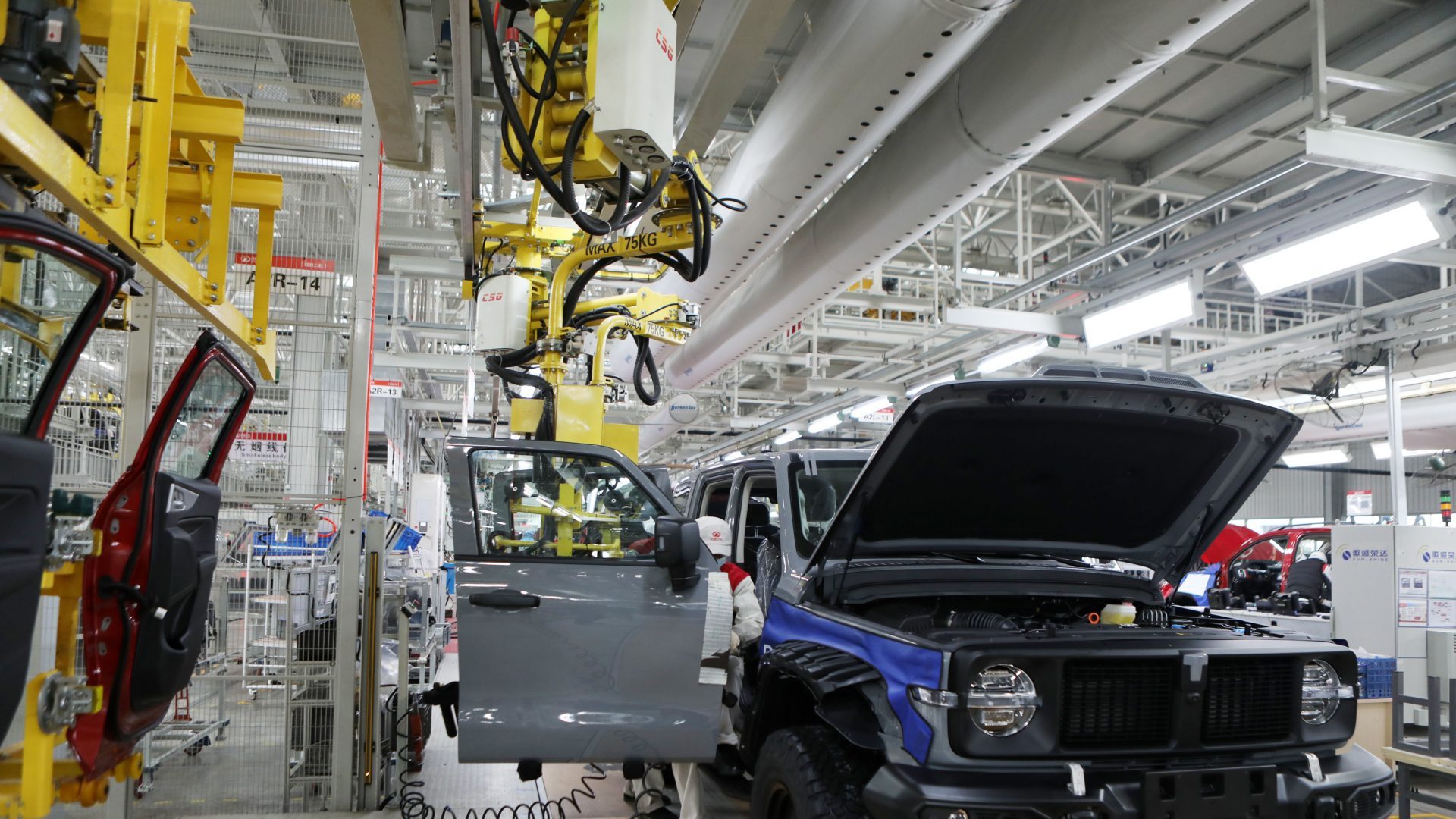Like many people, I was pleased to see those stolen Ukrainian tractors and
combine harvesters shut down. Russian forces had stolen high-tech farm machinery from Melitopol and shipped it 700 miles to Chechnya. But
resourceful Ukrainians disabled it all at a distance. Remote locking thwarted
the Russians, though no doubt they are working hard to bypass it. This, like the story (which may be just a story) of the Russian invaders who took the lift in a highrise they were occupying only to have the caretaker stop it between
floors, has a poetic justice.
But then I read a blog post by the science fiction author Cory Doctorow, someone with an eye for the dystopian possibilities inherent in the world of
tech. He pointed out that the story of the tractors and the kill switch has a
disturbing aspect, one that has barely been reported. What it means is that
John Deere, the company which designed the machinery, can switch off equipment it has made at a distance wherever it is in the world. And that means hackers could probably do the same thing.
According to Doctorow, the technology for disabling vehicles at a distance was developed by the car industry and is based on VIN locks (VIN stands for Vehicle Identification Number). These were initially created to control who gets to repair vehicles. Ostensibly a way of preventing unscrupulous mechanics from using cheap replacement spare parts, Doctorow argues that it was a way for companies to stop other companies from repairing their products. Now similar VIN technology is found in a variety of machines, including medical ones. This is great for would-be tech-monopolists, but
deeply disturbing because it leaves aspects of our lives vulnerable to unscrupulous people who are able and willing to use the off switch for nefarious ends. Imagine what would happen, for instance, if Russians
learnt how to trigger the kill switches on medical machinery across Ukraine.
Kill switches aren’t all bad, though. I hope that drones and autonomous fighting machines are fitted with them as a matter of course. If not, their
operators won’t be able to stop them once they’re locked on to their targets. But imagine a world in which your phone, your laptop, your car, and every other high-tech gadget you own is controlled by the manufacturer at a distance. Imagine power stations, water supplies, factories, and hospitals that can be taken down from afar via the internet. Perhaps we’re unwittingly in that world already.
This level of control of our electronic equipment, and so indirectly of our lives, is something humanity has never experienced before. At worst a previous generation could have had their electricity supply turned off for not paying the bill. But now we can imagine a cyberwar fought online that takes out huge sectors of the enemy’s infrastructure, targeting a nation on multiple levels. It’s hard to know how to think about all this. It’s happening so quickly. The more we rely on technology the more vulnerable we will be; yet the less we do so, the less efficient we will be.
But perhaps things are even worse. The philosopher Nick Bostrom, who has a developed dystopian imagination, argues that there is a significant probability that we are now living in a computer-generated simulation of reality. His so-called Simulation Argument is based on his hunch that a future generation with vast amounts of computing power available would very likely run fine-grained simulations of past civilisations.
If it turns out that we really are simulations of this kind, then subjectively there won’t be any way of telling for sure that this is so. From within the computer-generated simulation, reality and simulation are indistinguishable. If we’re now in a simulation, though, there is a huge existential risk that it (i.e. the cosmos as we know it, including us, and all
other sentient and non-sentient beings) could be shut down at some point – the ultimate kill switch.
Bostrom’s highly speculative reasoning to a disturbing conclusion is based on some rather dubious assumptions about what highly intelligent beings with time on their hands and excess computing power would probably get up to. Some people take it seriously, but I don’t. But Doctorow is on much firmer ground. Cybercriminals and ransomware attackers are ingenious, and some of them are extremely clever. It is not far-fetched to imagine them getting inside the systems that allow technicians to shut down machines at
a distance. In the future, then, it might not just be combine harvesters that suddenly stop working.



